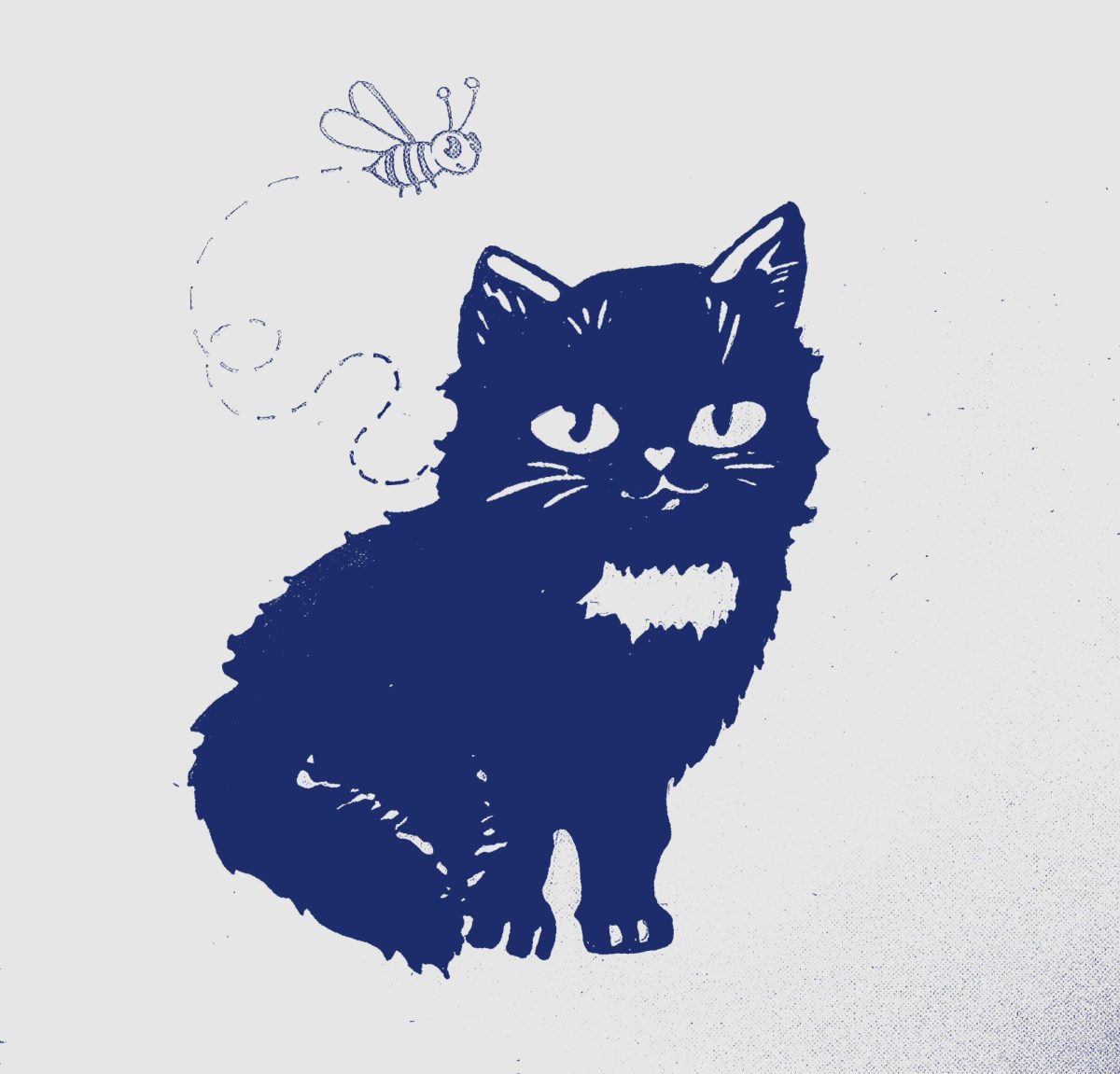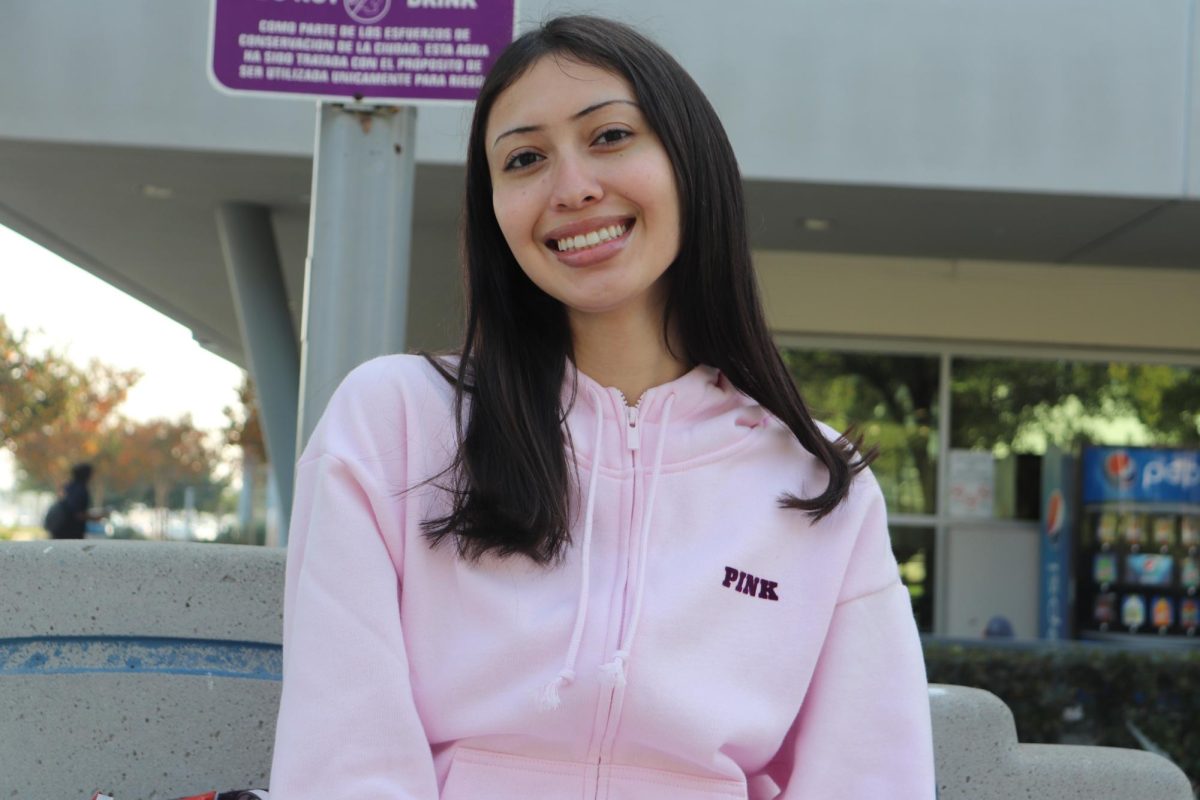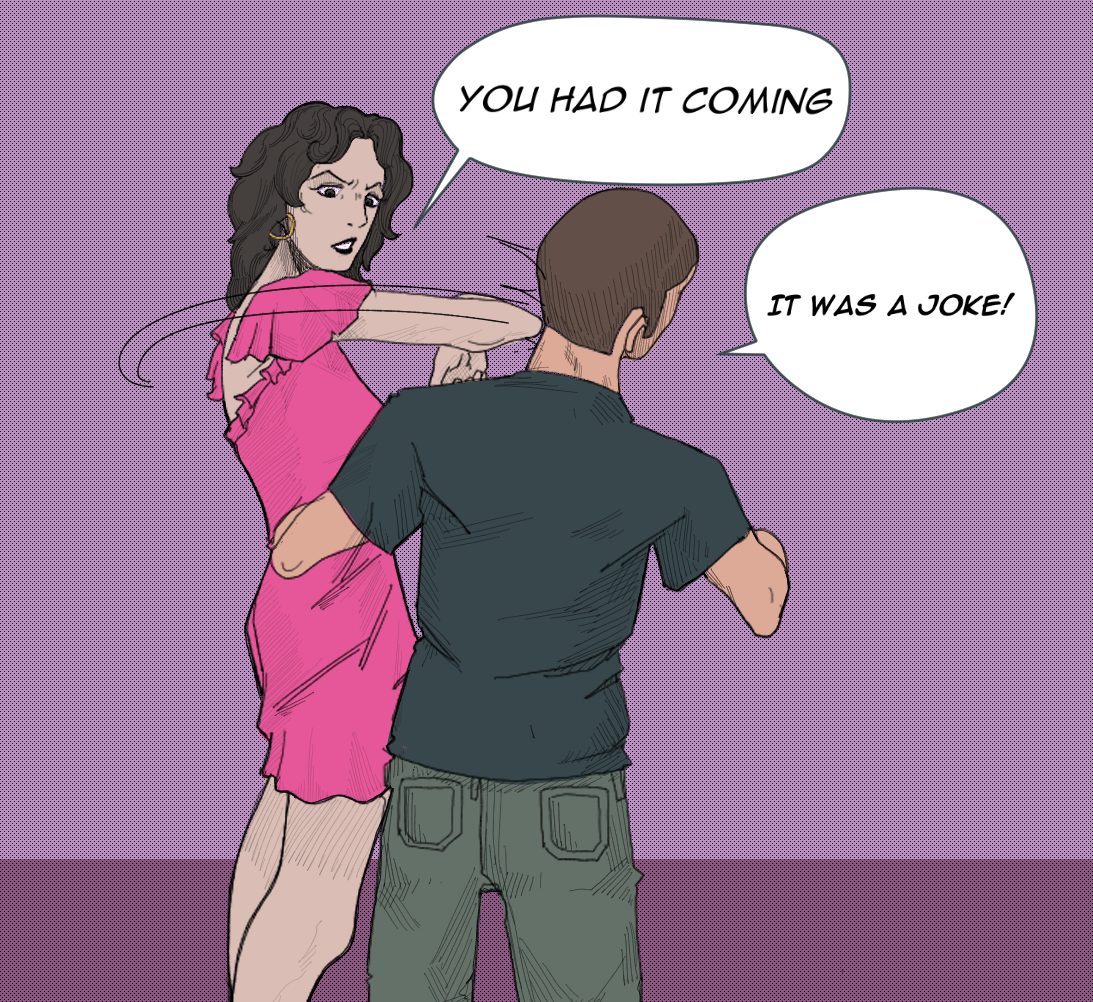If it is to be believed that mothers are the ones who nurture the children who in turn inherit the earth, what becomes then of the women who never wanted to be mothers, and the children who no one wanted to be born?
The role of a mother involves far more than simply carrying a baby and delivering it. It involves a lifetime of care and nurturing in order for the child to grow and be a functional member of society, which a mother may be unwilling to give if she is not ready to be a mother.
This is a fact that most anti-abortionists seem to forget. But which is the greater evil, the death of a fetus, or a possible lifetime of suffering? It is an issue that must be determined on a case-by-case basis. Society should only allow abortions for women who are victims of rape or incest.
“If you expect people to be responsible for their children, you have to give them the right to choose whether or not to have them,” states Dr. Larch, an abortion doctor in the book “The Cider House Rules.”
In the book, pregnant women come to Dr. Larch looking for an illegal abortion or to give their baby up for adoption. As the director of the orphanage, Dr. Larch encounters first hand the tribulations of the orphans. He respects the women’s right to choose whether or not to have a child.
When it comes to abortion, 60% of Americans are opposed to them. The common belief is that killing the unborn fetus is immoral.
But what happens then when a child is conceived through a violent or undesirable way? Is it moral for us as a society to force a woman to have an unwanted baby?
Many of those opposed to abortions may easily cite adoption as an option. This may seem like a lofty plan, considering that approximately 250,000 children are adopted annually.
But unfortunately each year 14, 505, 000 other children grow up as orphans and age out of the system by age sixteen, according to a study conducted by UNICEF.
That means more than 14 million children reach maturity each year without a home, without a family and without a sense of identity.
Consider then the psychological turmoil and negative impact that some of these orphans cause on society. UNICEF also cites that 60% of orphan girls become prostitutes and 70% of the boys become hardened criminals.
Consider as well, the rise of underground abortions. Not all women come from healthy, loving and balanced homes, and having a baby out of wedlock is not an option for them either.
If abortions are forced into an underground scene, the procedure will not be regulated, and there is an increased chance of the woman dying as a result.
A quick look at prohibition in the 1920’s can attest to the fact that if the public wants something, they’ll get it.
It is not a debate on whether or not abortion is murder – it is. But a woman should have the right to decide if she wants to keep and raise a baby that is conceived from rape or incest.
Being opposed to abortions may mean one wants to preserve a sense of morality into society, but many do not understand the moral debt of having an unwanted child is stronger than that of performing the abortion.
Two wrongs don’t make a right but in this case it is really a question of which is the greater evil. The world is not colored in black and white. It is not an easy solution.
We should restrict abortions to limit them for only women who have been victims of rape and incest, and for women under special circumstances. To prevent women from using abortion as a “Plan B” in place of other methods of birth control, there should be a strict law punishing women who have multiple abortions.







